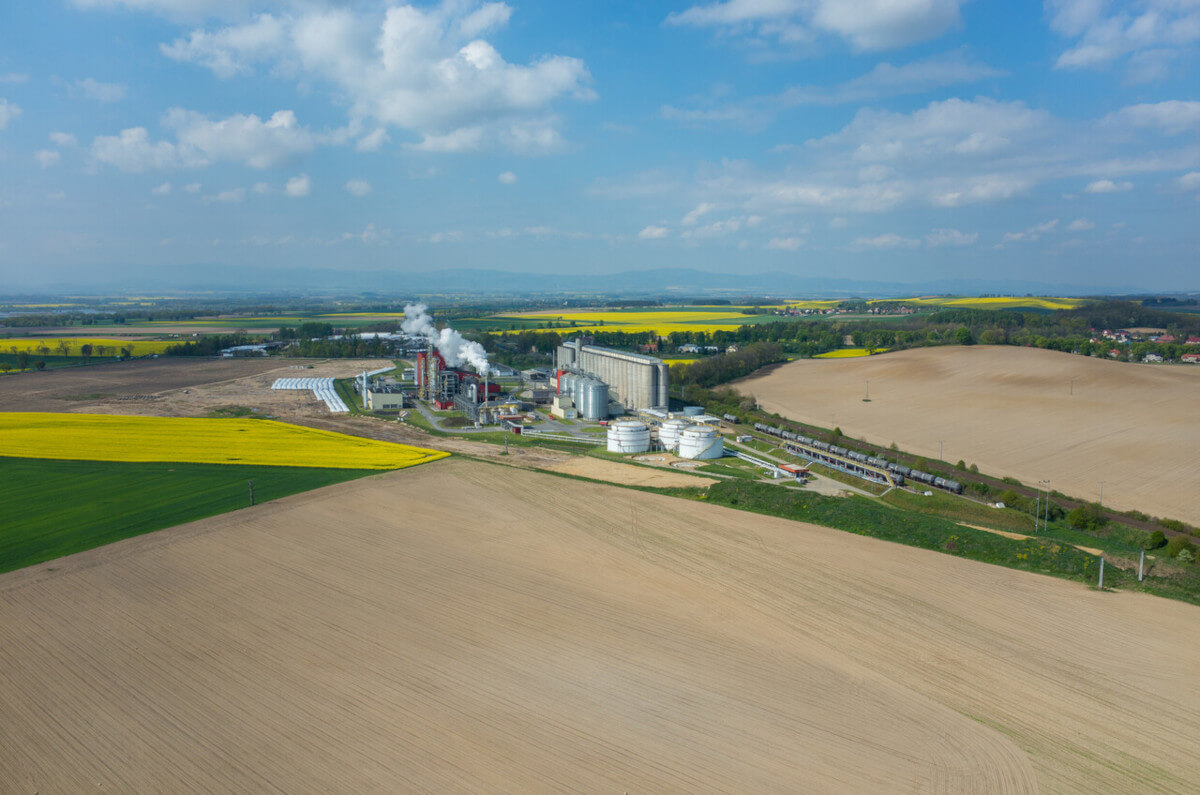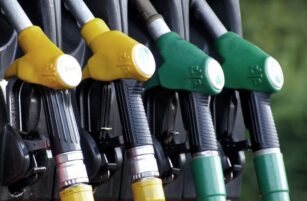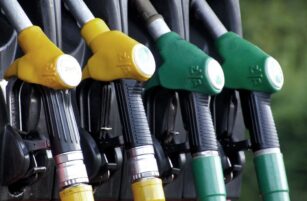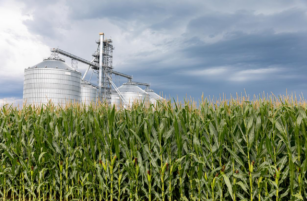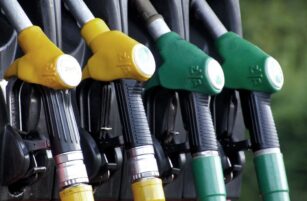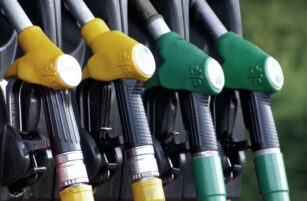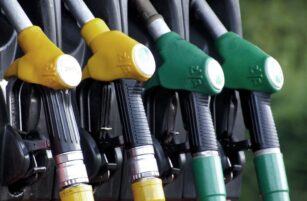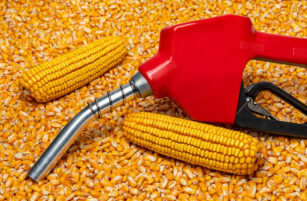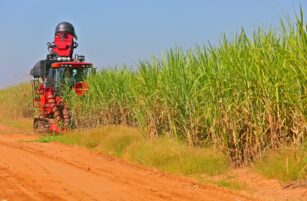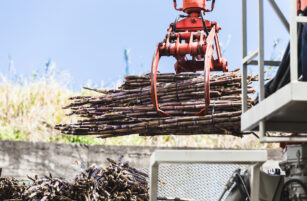Insight Focus
Ethanol has a new feedstock: milk. Dairy farmers in Michigan have broken ground on an innovative factory that extracts ethanol from milk permeate, and they plan to produce 2.2 million gallons each year.
New Biofuel Plant Breaks Ground
Ground was broken in Michigan recently for a new biofuels plant that will use a byproduct from milk as a feedstock for the production of ethanol.
The innovative USD 41 million ethanol plant in Constantine, Michigan is a cooperative project of the Michigan Milk Producers Association (MMPA) and Canada’s Dairy Distillery of Almonte, Ontario.
The new facility will transform 14,000 tons (12,700 tonnes) of milk permeate, a dairy byproduct, into 2.2 million gallons of ethanol annually. When blended with transportation fuel, the permeate ethanol will offset 14,500 tons (13,150 tonnes) of carbon a year, equivalent to 5% of the carbon footprint of the milk processed at Constantine.
According to the American Dairy Products Institute (ADPI), milk permeate is manufactured by the removal of protein and other solids from milk or whey, resulting in a product with a high concentration of lactose. Removal of the dairy constituents is accomplished by physical separation techniques such as filtration and diafiltration. The acidity of milk permeate may be adjusted by the addition of safe and suitable pH-adjusting ingredients.

“I’ve been inspired by MMPA dairy farmers and their commitment to sustainability,” Dairy Distillery CEO Omid McDonald said. “Our partnership with MMPA represents a groundbreaking innovation in the dairy sector. Utilizing milk permeate to produce low carbon ethanol is an innovative solution to reduce the carbon footprint and provide dairy farmers more value from their milk.”
“By transforming milk permeate into ethanol, we are not only reducing waste but also contributing to a cleaner environment,” MMPA President & CEO Joe Diglio said. “This project highlights our commitment to innovation and sustainable practices within the dairy industry.”
Ethanol from Milk
Dairy Distillery commissioned the University of Ottawa to develop a method to transform milk permeate into alcohol. With success in the lab, the company built a state-of-the art distillery in Almonte, Ontario where, to date, it has repurposed 1.25 million kg of milk permeate.
The project received USD 2.5 million in funding from the Michigan Strategic Fund, showing the state’s commitment to the future of clean energy.

Dairy Distillery started with the idea of making vodka from waste milk sugar (lactose) but needed a feedstock. The company found a source of lactose from a local dairy processor that makes ultra filtered milk, a high protein milk used in cheese and yogurt production.
The by-product of ultra filtered milk production is a lactose rich liquid called milk permeate. The company commissioned the University of Ottawa to develop a method to transform milk permeate into alcohol. With success in the lab, it built a state-of-the art distillery in Almonte, Ontario where, to date, it has repurposed 1,285,700 kg of milk permeate.
Partnerships Crucial
The Michigan Milk Producers Association is a member-owned and operated milk marketing cooperative known for producing high-quality, award-winning dairy products. Established in 1916, MMPA is the 10th largest US dairy farmer-owned cooperative serving members in Michigan, Ohio, Indiana and Wisconsin.
Ethanol production at the plant is planned for 2025. The Dairy Distillery Alliance was initially announced last spring, marking the beginning of this groundbreaking partnership.
“The efforts at Michigan Milk Producers Association and Dairy Distillery are a prime example of how innovation, partnership and collaboration can meet the important needs of expanding producer economic opportunities, providing a value-added product, and addressing the need for low carbon renewable fuels,” said John Berge, Acting Deputy Administrator at the USDA.
